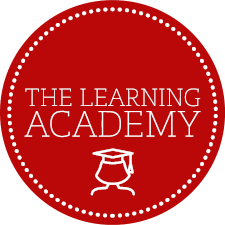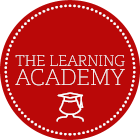Grammar and Punctuation during Key Stage 1 Literacy
Grammar and punctuation is key to good writing and during Primary school the children build their skills in this area. The initial building blocks start in Key Stage 1 Literacy this is made up of Year 1 and 2. By the end of Key Stage 1 children are expected to have reached certain key performance indicators with their grammar and punctuation within Literacy.
Punctuation
The children will learn how to use both familiar and new punctuation correctly throughout Key Stage 1 Literacy. During Year 1 they will build confidence with using capital letters, full stops, question marks and exclamation marks. They then build on this in Year 2 by using commas in lists and apostrophes for contracted forms (e.g. I’m, we’re, there’s) and apostrophes for single possession (e.g. the dog’s tail).
Grammar
During Year 1 writing the children will be encouraged to extend sentences with and. In Year 2 they will use other joining words like but, or, when, if, that and because.
By the end of the Key Stage they will be expected to be able to identify nouns, verbs,adverbs and adjectives in sentences. With the ability to identify nouns and adjectives they will be able to write noun phrases in creative writing.
Different Types of Sentences
The children will learn about and use the following types of sentences by the end of Key Stage 1 Literacy:
- Statements tell you something, e.g. He is in Year 2.
- Commands give you orders, e.g. Put that down.
- Questions ask you something, e.g. Are you coming?
- Exclamations show strong feelings. They start with ‘what’ or ‘how’, e.g. How amazing!
Staying in the Same Tense
Having learnt how to identify verbs the children will learn about tense and that verbs in a sentence are usually the same tense.
- Present tense – At school I write stories and read books.
- Past tense – Last week I played games and painted pictures. Past tense often end in -ed.
Compound Words
A word made up of two other words is a compound word, e.g. news + paper —> newspaper
Suffixes
The children will learn what is meant by a suffix and use -ment, -ful, -less, -ness and -ly to spell longer words, e.g. ill + ness —> illness


